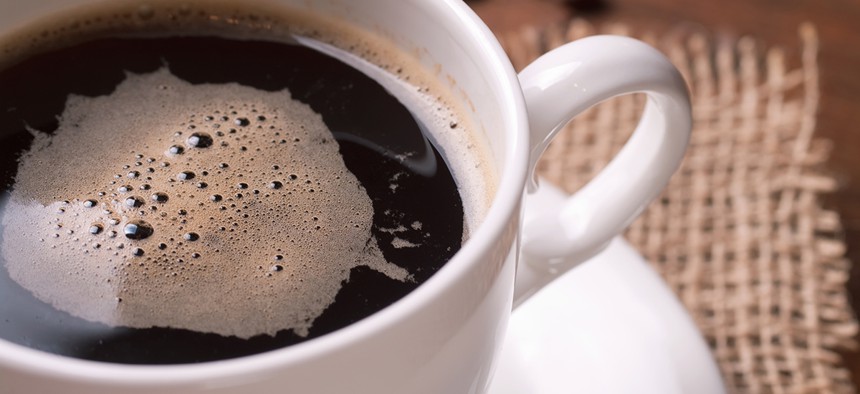
aboikis/Shutterstock.com
How to Hack Your Coffee Habit to Improve Your Focus and Decrease Anxiety
You probably work with someone who often cries, "I need coffee. I can’t think." Here is how you can avoid becoming that person.
The world’s most consumed psychoactive substance is popular for a good reason—it clears your head, improves focus and gets your body going. But coffee has downsides too. It can increase anxiety and affect sleep.
The psychiatrists’ bible, DSM-V, came very close to classifying caffeine-use disorder as a mental health problem, much like alcohol-use disorder. Regular coffee drinkers often can’t function well without their everyday cuppa. You probably don’t want to be that person who cries, “I need coffee. I can’t think.”
But there is a way of enjoying some of coffee’s benefits without getting addicted to it. You just need to know how to hack coffee’s half-life.
What goes up must come down
Caffeine is the active ingredient in coffee that accounts for the mental boost. It achieves this by fitting into adenosine receptors, present throughout the body. Without caffeine, it would have been adenosine’s job to fit into those receptors and dial down the amount of neurotransmitters such as dopamine and serotonin, making you feel tired and drowsy. But caffeine stops adenosine and lets your neurotransmitters wild—in the process giving you that much desired cognitive boost.
But this coffee-high is a temporary state. Slowly the body’s clearance mechanism excretes caffeine. If you are a regular drinker, you will soon start feeling lethargic and lose concentration easily. Depending on how much coffee you are used to drinking, these effects can start in just a few hours or perhaps a day later.
The good news is that there is a way to hack coffee drinking to avoid these horrible withdrawal symptoms, and the key lies in caffeine’s half-life. Depending on your age, weight and other drugs you consume (including nicotine via smoking), the rate at which caffeine is removed from your body varies. Biologists approximate the half-life of caffeine—that is, the time required to eliminate half the total amount of caffeine—for a healthy adult to be about six hours.

The hack is simple: if you are an average adult, a cup of coffee every 48 hours will do the trick. (Disclosure: I’ve been doing this for more than two years.) A typical cup of coffee contains 80mg of caffeine, which as a non-addict should be enough to give you the mental boost. You can have a double espresso shot too, if you like. The half-life law will ensure that most of it is out of your system in 48 hours. But break the 48-hour-gap law at your own risk.
(Image via aboikis/Shutterstock.com)
NEXT STORY: Democrats Press FCC to Unmask Koch-Backed Groups







